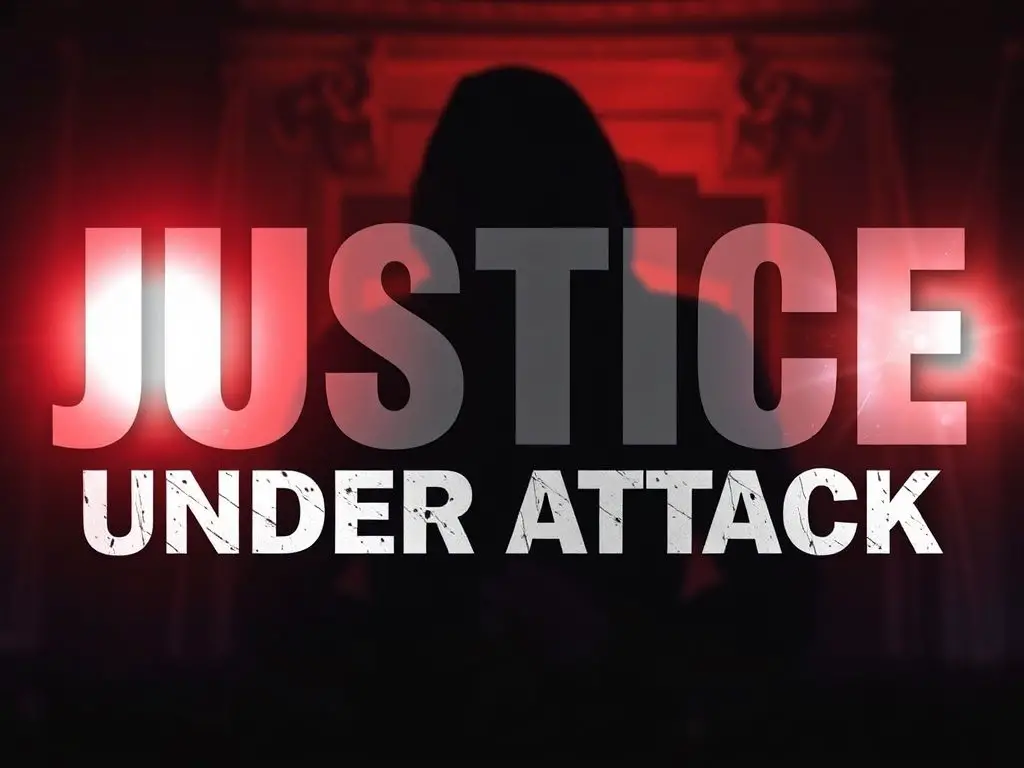A bipartisan bill introduced by Reps. Lucy McBath and Michael McCaul would create the first-ever threat monitoring center for 30,000 state and local judges who currently lack federal protection.
🔍 What’s Happening: The Countering Threats and Attacks on Our Judges Act would establish a State Judicial Threat Intelligence and Resource Center to:
- Provide security assessments for courthouses and judges’ homes
- Create a national database to track threats against state judges
- Coordinate with law enforcement to mitigate threats
🛡️ Why It Matters: Threats against judicial officers have skyrocketed 400% since 2015, with judges in multiple states being killed, attacked, or targeted simply for doing their jobs. Unlike federal judges, state and local judicial officers have no centralized security resource.
📈 Behind The Numbers: Some of you may be asking how these numbers can be over 100%. This isn’t a problem with the numbers, it just means you are bad at math. Percentages of increase over 100% mean something has more than doubled. For example, a 100% increase means something has doubled, a 200% increase means it’s three times bigger than it was at the start.
🧩 Between the Lines: The legislation has already passed unanimously in the Senate during the last Congress, showing rare bipartisan agreement on the need to protect the judicial system from intimidation.
📊 The Big Picture: The surge in threats against judges reflects a broader trend of increasing hostility toward public officials. In January, then-Chief Justice of The Georgia Supreme Court Michael Boggs railed against the trend of violence against Georgia’s judges.
“It seems that our entire system of justice, a bedrock of our democracy, is under attack. These threats take many forms, from threats posed by disinformation and actual violence to threats posed by citizens and even elected officials publicly stating their intention to not honor and abide by lawful court decisions,” Boggs said.
The Sources:
- H.R. Bill text: “Countering Threats and Attacks on Our Judges Act”
- Rep. Lucy McBath
- Statements from the National Center for State Courts, Conference of Chief Justices, and National District Attorneys Association
- Former Georgia Supreme Court Chief Justice Michael Boggs
🛑 🛑 🛑
Before You Dismiss This Article…
We live in a time when information feels overwhelming, but here’s what hasn’t changed: facts exist whether they comfort us or not.
When A&W launched their third-pound burger to compete with McDonald’s Quarter Pounder in the 1980s, it failed spectacularly. Not because it tasted worse, but because customers thought 1/3 was smaller than 1/4. If basic math can trip us up, imagine how easily we can misread complex news.
The press isn’t against you when it reports something you don’t want to hear. Reporters are thermometers, not the fever itself. They’re telling you what verified sources are saying, not taking sides. Good reporting should challenge you — that’s literally the job.
Next time a story makes you angry, pause. Ask yourself: What evidence backs this up? Am I reacting with my brain or my gut? What would actually change my mind? And most importantly, am I assuming bias just because the story doesn’t match what I hoped to hear.
Smart readers choose verified information over their own comfort zone.

B.T. Clark
B.T. Clark is an award-winning journalist and the Publisher of The Georgia Sun. He has 25 years of experience in journalism and served as Managing Editor of Neighbor Newspapers in metro Atlanta for 15 years and Digital Director at Times-Journal Inc. for 8 years. His work has appeared in several newspapers throughout the state including Neighbor Newspapers, The Cherokee Tribune and The Marietta Daily Journal. He is a Georgia native and a fifth-generation Georgian.


